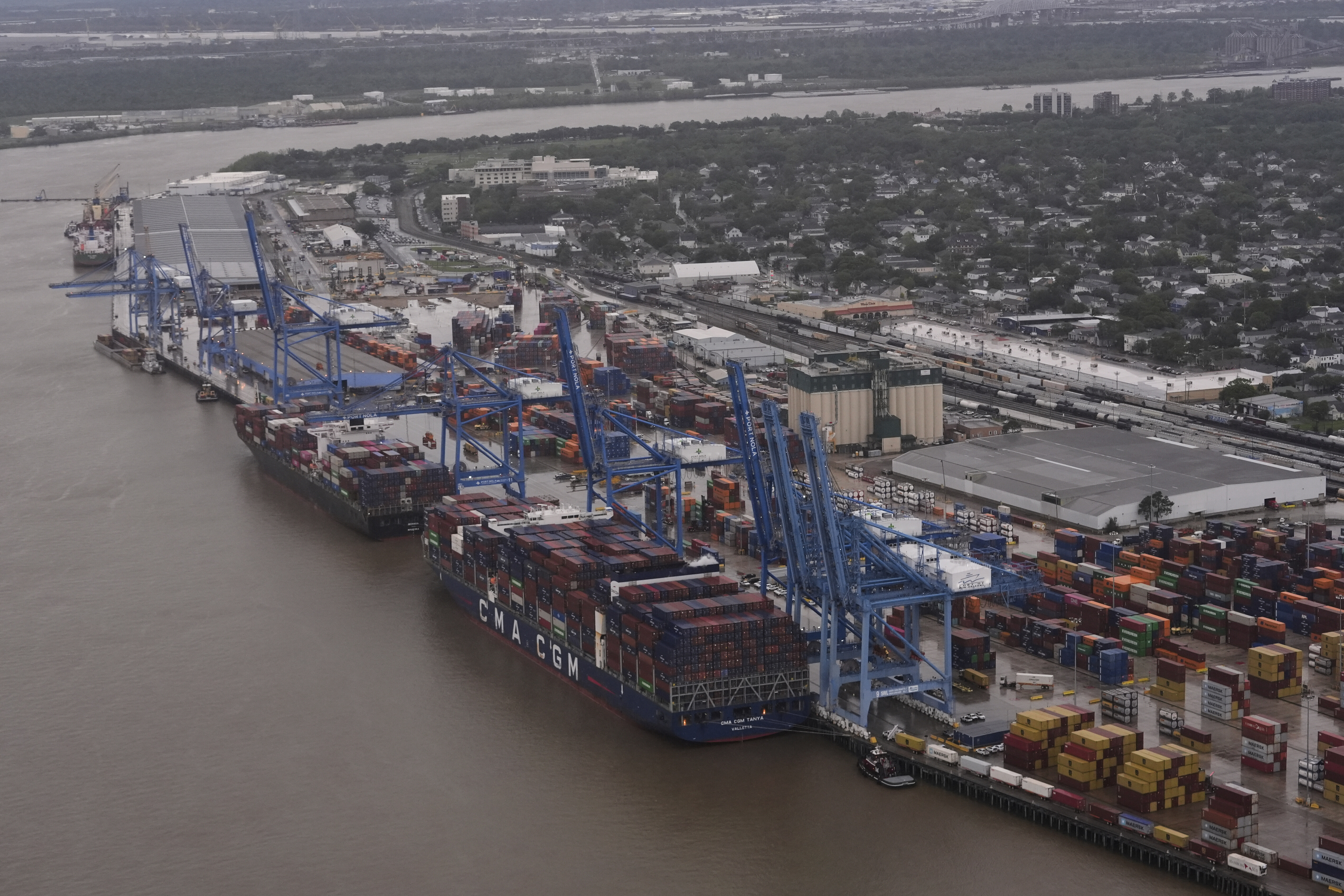Just about every firm in the oil business is being hurt by the new price norms, but hardest struck have been those that rely on "unconventional" means of extraction like Brazilian deep-sea drilling, U.S. hydro-fracking, and Canadian tar sands exploitation. Such techniques were developed by the major companies to compensate for an expected long-term decline in conventional oil fields (those close to the surface, close to shore, and in permeable rock formations). By definition, unconventional or "tough oil" requires more effort to pry out of the ground and so costs more to exploit. The break-even point for tar sands production, for example, sometimes reaches $80 per barrel, for shale oil typically $50 to $60 a barrel. What isn't a serious problem when oil is selling at $100 a barrel or more becomes catastrophic when it languishes in the $30 to $40 range, as it has over much of the past half-year.
And keep in mind that, in such an environment, as oil companies contract or fail, they take with them hundreds of smaller companies -- field services providers, pipeline builders, transportation handlers, caterers, and so on -- that benefitted from the all-too-brief "energy renaissance" in North America. Many have already laid off a large share of their workforce or simply been driven out of business. As a result, once-booming oil towns like Williston, North Dakota, and Fort McMurray, Alberta, have fallen into hard times, leaving their "man camps" (temporary housing for male oil workers) abandoned and storefronts shuttered.
In Williston -- once the epicenter of the shale oil boom -- many families now line up for free food at local churches and rely on the Salvation Army for clothes and other necessities, according to Tim Marcin of the International Business Times. Real estate has also been hard hit. "As jobs dried up and families fled, some residential neighborhoods became ghost towns," Marcin reports. "City officials estimated hotels and apartments, many of which were built during the boom, were at about 50-60% occupancy in November."
Add to this another lurking crisis: the failure or impending implosion of many shale producers is threatening the financial health of American banks which lent heavily to the industry during the boom years from 2010 to 2014. Over the past five years, according to financial data provider Dealogic, oil and gas companies in the United States and Canada issued bonds and took out loans worth more than $1.3 trillion. Much of this is now at risk as companies default on loans or declare bankruptcy. Citibank, for example, reports that 32% of its loans in the energy sector were given to companies with low credit ratings, which are considered at greater risk of default. Wells Fargo says that 17% of its energy exposure was to such firms. As the number of defaults has increased, banks have seen their stock values decline, and this -- combined with the falling value of oil company shares -- has been rattling the stock market.
The irony, of course, is that the technological breakthroughs so lauded in 2012 for their success in enhancing America's energy prowess are now responsible for the market oversupply that is bringing so much misery to people, companies, and communities in North America's oil patches. "At the beginning of 2014, [the U.S.] was pumping so much oil and gas that experts foresaw a new American industrial renaissance, with trillions of dollars in investments and millions of new jobs," commented energy expert Steve LeVine in February. Two years later, he points out, "faces are aghast as the same oil instead has unleashed world-class havoc."
The Geopolitical Scorecard From Hell
If that promised new industrial renaissance has failed to materialize, what about the geopolitical advantages that new oil and gas production was to give an emboldened Washington? Yergin and others asserted that the surge in North American output would shift the center of gravity of world production to the Western Hemisphere, allowing, among other things, the export of U.S. liquefied natural gas, or LNG, to Europe. That, in turn, would diminish the reliance of allies like Germany on Russian gas and so increase American influence and power. We were, in other words, to be in a new triumphalist world in which the planet's sole superpower would benefit greatly from, as energy analysts Amy Myers Jaffe and Ed Morse put it in 2013, a "counterrevolution against the energy world created by OPEC."
So far, there is little evidence of such a geopolitical bonanza. In Saudi attrition-war fashion, for instance, Russia's natural gas giant Gazprom has begun lowering the price at which it sells gas to Europe, rendering American LNG potentially uncompetitive in markets there. True, on February 25th, the first cargo of that LNG was shipped to foreign markets, but it was destined for Brazil, not Europe.












